The Dota 2 Pro Circuit has ended – what comes next for Dota 2 esports?
The Dota 2 Pro Circuit has ended – what comes next for Dota 2 esports?


BTC: $ 68216.53 (1.35%)

ETH: $ 3278.32 (0.83%)

LTC: $ 71.52 (0.36%)

DOGE: $ 0.1358 (4.62%)
Share
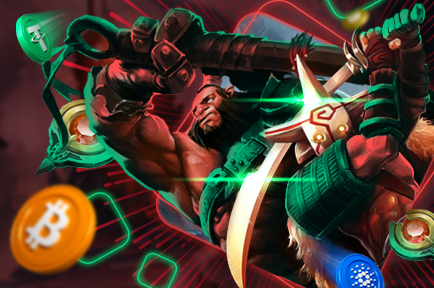
The Dota 2 Pro Circuit has ended – what comes next for Dota 2 esports?
As The International 12 is slowly beginning to unfold, with the greatest of the Dota world looking to battle it out for a chance to see their names carved onto the Aegis of Champions, we already know that Dota 2 esports will never be the same again going forward: with Valve dissolving the Dota Pro Circuit, the competitive scene for the game will once again place a larger emphasis on third-party standalone tournaments, with a new system to feed into future TIs.
There’s only one place where you will find comprehensive crypto esports betting for Dota 2 – and it’s the same place that offers incredible bonuses and state-of-the-art features to make your experience even more fun. It’s Bitsler!
We’ve got
What are you waiting for? Register your account now and check out what we have to offer!
The Dota Pro Circuit was a strictly organized set of esports competitions that Valve launched in 2017 with the goal of streamlining the invitation process to The International. During its existence, it was the only official league in the world of Dota esports, feeding into Valve-sanctioned Majors and eventually TI.
In its initial form, Valve simply selected certain third-party events that fit their pre-set criteria from the prize pool to formats and classified them as either Minors or Majors, all feeding into the points race to qualify for The International.
With roster locks and a plethora of events, teams and fans alike continued to complain about the format of the circuit. In 2021, Valve did away with the tinkering and completely remade the system, introducing regional leagues that fed into just two Majors in the 2021/22 season and three in 2023.
No matter the format, the DPC had a devastating effect on the tournament ecosystem. While third-party events continued to exist, most of them were rebranded or adjusted to fit the DPC mold, and the occasional big non-DPC events regularly suffered from a lack of elite-level teams as they inevitably prioritized the tournaments that served as opportunities for a golden ticket to The International.
The developers and publishers of Dota 2 provided a lengthy and detailed explanation about why they decided to completely revamp the game’s esports scene in a blog post on September 14 simply titled “The Dota Pro Circuit.” It’s tough to argue with its conclusions, as they were very much in line with what the community has been voicing as concerns across the years of its operation.
“The DPC demystified the invitation criteria, and made it easier for pros to understand their path to The International. Unfortunately, the DPC brought with it a set of rules and regulations, and those have come with a cost that’s become clearer to us over time: The world of competitive Dota has grown less exciting, less varied, and ultimately much less fun.
By existing as the only official league, the DPC has a stranglehold on the event calendar for the year and what it's filled with. Event organizers are innovating less, because that's effectively what we've been asking them to do: Instead of competing for viewers and players by producing compelling and inventive tournaments, organizers now compete for compliance with Valve’s long list of rigid requirements (team count, broadcast languages, event format, and more).
[…] Before we introduced these constraints, the world of competitive Dota was healthier, more robust and more varied than the one we have now.”
On the surface, a round-robin league structure, not unlike League of Legends’ franchised regional competitions, but with the added element of promotion and relegation plus a larger number of mid-season international events in the form of Majors makes a lot of sense. However, it just simply didn’t work out in practice.
That isn’t to say Valve’s canning Dota 2 esports, and they’ve already confirmed that plans are in motion for TI’s 2024 edition Even more importantly, there still remains a robust third-party interest in hosting Dota 2 events, unlike in the case of the fully franchised and directly controlled LoL competitions – and there’s many years’ worth of grassroots experience to rely on for innovation going forward.
We will likely have to wait until 2024 to know for sure how TI invitations will be handed out in the future. Valve’s blog post is light on specifics in this regard, apart from a promise that they are already working on a new structure. Based on what they’ve written, it seems like they’re looking to rejuvenate the weird and wonderful landscape of hodgepodge third-party tournaments with a much lighter hand when it comes to qualifications. They mention fun, creativity, beautiful unregulated insanity – if that is what the future of Dota 2 esports will look like, sign us up.
As for the end of this current era, The International 2023 is now finally underway, with the first group stage matches of the brand-new tournament format playing out as we speak. Interestingly, just as the wider Dota 2 circuit is moving away from its League of Legends-like structure, its showpiece event is becoming a lot more like Worlds, with TI12 separated into three distinct stages and split up across three different weekends for easier viewing. (Don’t worry: we’ve got you covered if you would like to learn more about the new format of The International!)
What already stands out is that a strong performance in the Road to TI12 group stage won’t amount to much: lose a single best-of-three in the second half of the group stage, and you will nevertheless find yourself in the lower bracket for the playoffs.
https://twitter.com/wykrhm/status/1711932195269718497
We already know a lot about the state of Dota 2 esports in 2024 and beyond, but we will learn more with every passing day. To make sure you stay up to date with all things competitive gaming, be sure to keep a keen eye on the Bitsler blog for more analysis and insights!
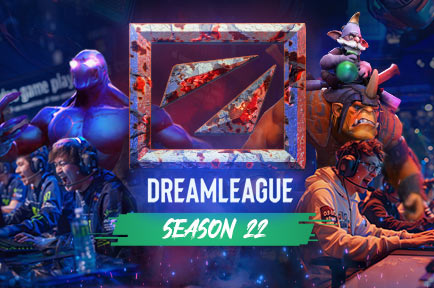

Esports
February 28, 2024
DreamLeague Season 22: a comprehensive Dota 2 preview
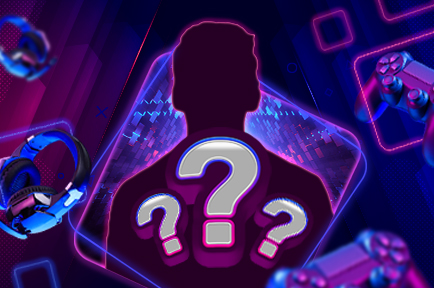

Esports
October 18, 2023
Who are the richest players in the world with the most esports earnings?
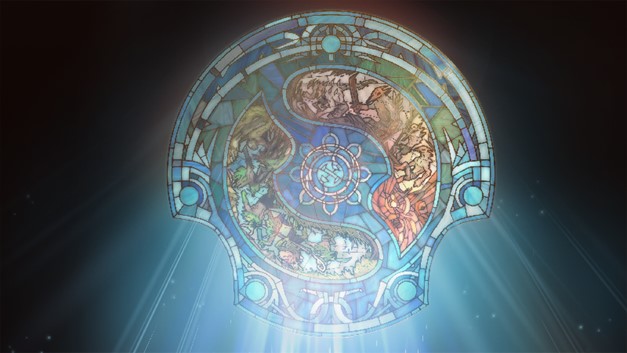

Esports
August 15, 2023
Everything you need to know about The International 12
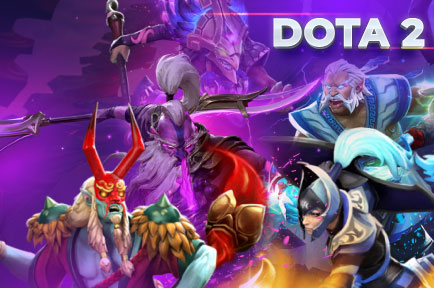

Esports
October 17, 2022
Dota 2 history is just about to be written at The International 11
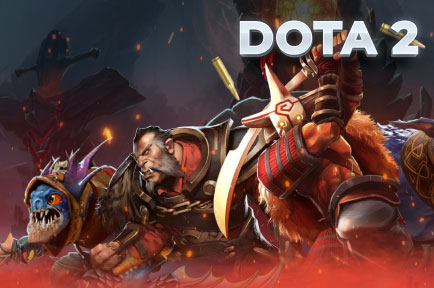

Esports
September 20, 2022
What Went Down in the TI11 Qualifiers - The International 2022
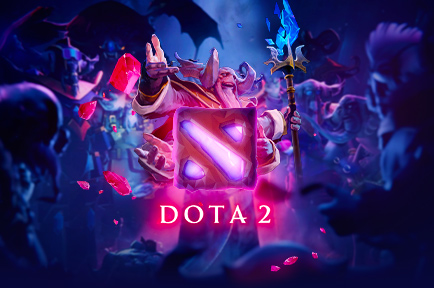

Esports
August 17, 2022
Betting on the Dota 2 at Bitsler
The future of gaming is here, we are the number one bitcoin casino. Our range of casino-slots consistently make the top ten across the bitcoin casino world. Bitcoin gambling has seen a rise in popularity through 2017 and 2018, we are at the forefront of cryptocurrency gaming, providing a fun, fast and fair experience for the bitcoin gambling enthusiast.
